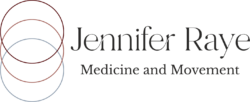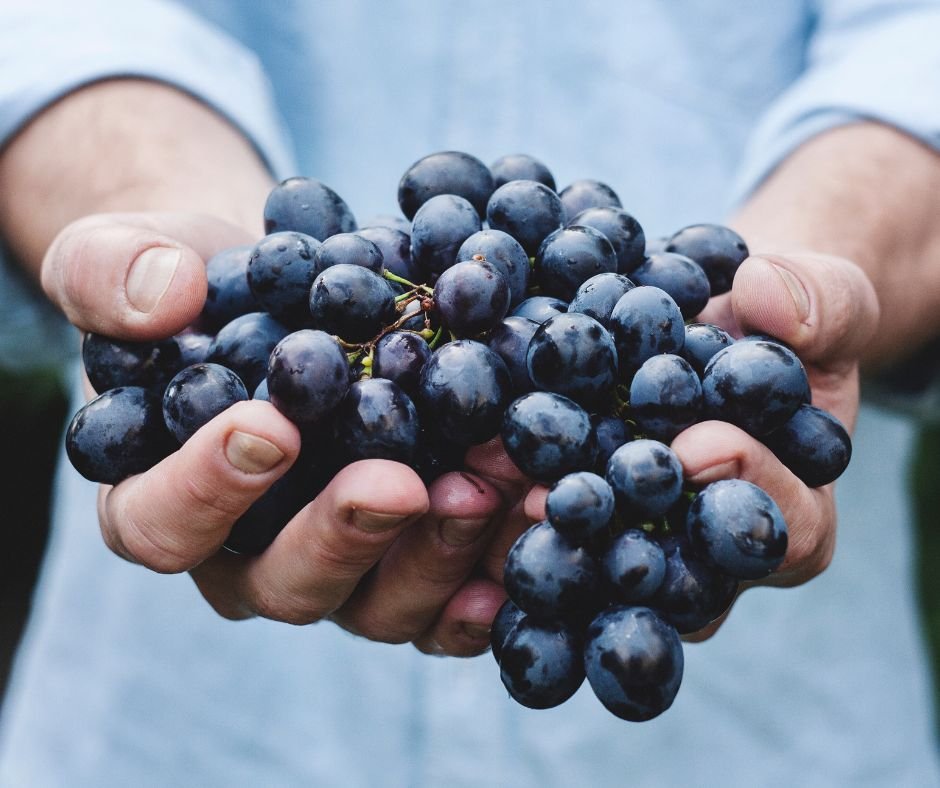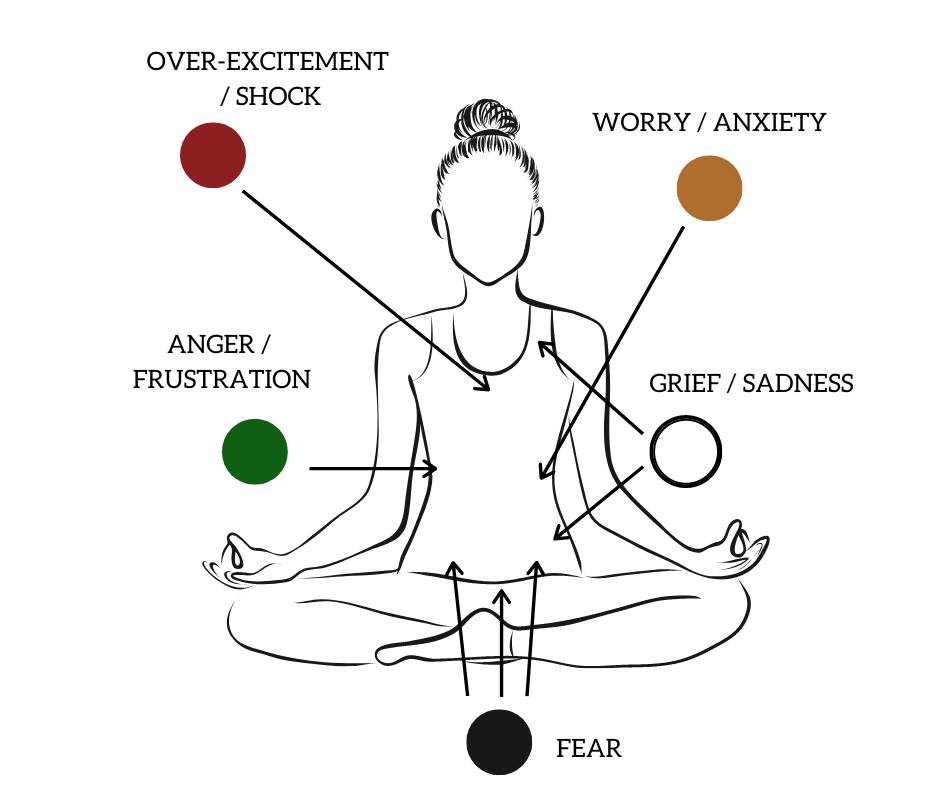Thinking about food and nutrition seems to be such a central concern for many of us. There are endless questions, and just as many answers, floating around related to health and nutrition. Our ancestors didn’t give any thought to measuring and calculating vitamins and nutrients and yet many of them lived longer than us and they were on average healthier.
Even though we are obsessed with the biochemistry of food and how it affects the body, as a whole, we are some of the most unhealthy humans to have ever lived. So what happened? and how can we find a more balanced and healthy understanding of nutrition? Michael Pollan outlines the emergence of what he calls “nutritionism” in his book “In Defense of Food“. He claims this “nutritionism” is partially to blame for the lack of understanding regarding the food we encounter today.
Michael Pollan names 4 key premises that define “nutritionism”:
1) The key unit in food is the “nutrient”.
2) We need experts to tell us how to eat
3) Nutrition is black and white. Some nutrients are “good” and others are “bad.”
4) The purpose of eating is health.
There are, of course, serious flaws in these assumptions. The complexity of food itself, and what it provides us, is a beautiful relationship that cannot be reduced to simply nutrition or dichotomous thinking. As Pollan points out, eating and the sharing of food has been an important ritual in cultures around the world since the beginning of human civilization. It’s connected to community structure, spirituality, and is deeply rooted in the environment and our relationship to the environment.
Pollan traces the phenomenon of “nutritionism” back to the 1970’s when the American government started creating food recommendations and using scientific language to describe food. At the same time, the food landscape was undergoing massive changes due to the expansion of the processed food industry. Processed food promised added value and convenience. In addition, the food industry began to manipulate food based on the latest nutritional fads. This resulted in items like “fat free” products.
Ultimately, this reliance on food simply for its nutrition, and the requisite reliance on an “expert” who can understand nutrients to tell us how to eat, has separated us from a deeper understanding of wellness. What is needed is an understanding rooted in the reliable wisdom of inner knowing and ancestral knowledge.
There are times when an understanding of individual nutrients can be very helpful. Especially because many of us are encountering unprecedented levels of toxicity in our environment. A well rounded approach to working with whole food nutrients can support the body, mind, and spirit in many ways. However, Michael Pollan provides three “food rules” as a great starting point to help re-connect with deeper health minus the confusion related to nutrients. He reminds us –we don’t need to be chemists to understand how to eat! He tells us:
1) Eat food
2) Not too much
3) Mostly plants
These three rules clearly outline the basics of a healthy approach to eating. When we eat real food (food as close to its natural state possible) without all of the processing, we minimize the risk of encountering products that our bodies will have a harder time understanding and utilizing.
For perhaps the first time in history many people are living with an over abundance of calories. Having a healthy ability to say no and limit food intake (especially of processed food), even when our biology that tells us we need more carbohydrates and fats, can also be helpful. And finally, filling your plate with primarily plant based products will greatly impact your overall health.
You can check out Michael Pollan’ book In Defense of Food: An Eater’s Manifesto here.








